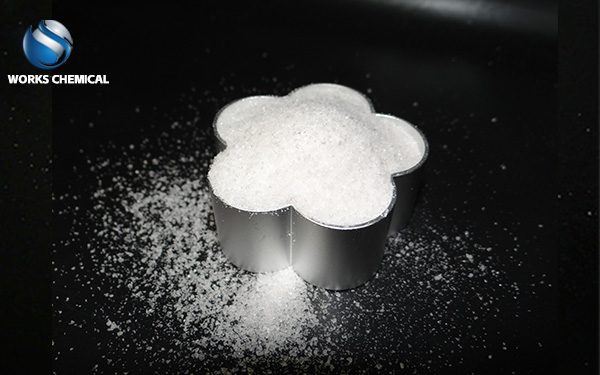
The selection of sludge conditioner is a key step, which directly affects the effect and cost of sludge dewatering. Here are some suggestions for choosing a sludge conditioner:

First, consider the sludge properties
Moisture content and solid content: the moisture content and solid content of the sludge directly affect the choice of conditioner. Sludge with high moisture content may require more powerful dehydrating agents.
Organic content: Sludge with a high organic content may require the use of biological conditioners or chemical conditioners containing special ingredients.
Sludge type: Different types of sludge such as municipal sludge and industrial sludge also have different needs for conditioners.
Two, consider the treatment process
Dehydration process: For mechanical dehydration processes, such as plate and frame filter presses, belt filter presses, etc., it may be necessary to select conditioning agents that can quickly form floc, such as polyacrylamide.
Natural drying: For processes such as natural drying beds, it may be necessary to select an acid-base conditioner or biological conditioner that can adjust the pH value of the sludge and improve the fluidity of the sludge.
Three, consider the cost benefit
Agent cost: The price of different conditioners varies greatly and needs to be weighed according to the budget and dehydration effect.
Comprehensive cost: In addition to pharmaceutical costs, it is also necessary to consider the cost of electricity, manpower, equipment corrosion, transportation, sludge disposal, filter cloth loss and so on.
Four, consider environmental requirements
Secondary pollution: Some conditioners may produce secondary pollution during use, such as strong acid and alkali conditioners may cause harm to the environment and personnel. Therefore, it is necessary to choose environmentally friendly and non-secondary pollution conditioners, such as biological conditioners.
Sustainability: Choosing a sustainable conditioner with low environmental impact helps to achieve green sludge treatment and sustainable development.
Five, select a specific conditioner
Acid and base conditioner: such as lime, sodium hydroxide, sulfuric acid, etc., by changing the pH value of the sludge, the colloids and suspended solids in the sludge condense to form larger particles, and then improve the dewatering performance of the sludge. It has the advantages of low cost and simple use, but it may lead to secondary pollution.
Flocculants: such as polyacrylamide (PAM), polyaluminum chloride (PAC), etc., can promote the small particles in the sludge to aggregate into larger flocculent, improve the dewatering performance of the sludge. It has the advantages of significant dehydration effect, but the price is relatively high.
Sludge dewatering agent: a chemical specially used to improve the dewatering performance of sludge, such as polymeric iron, polymeric aluminum and other inorganic salts. It has the advantages of stable dehydration effect, but the adsorption capacity of organic matter in wastewater is weak.
Biological conditioner: microbial based sludge treatment technology, by decomposing the organic matter in the sludge, improve the dewatering performance of the sludge. It has the advantages of environmental protection and no secondary pollution, but the treatment time is longer.
VI. Test and optimization
When selecting sludge conditioner, it is best to carry out multiple groups of comparative tests to determine the best agent type and dosage. At the same time, the reagent was optimized and adjusted according to the test results to achieve the best dehydration effect and economic benefit.
In summary, the selection of sludge conditioner requires comprehensive consideration of sludge properties, treatment processes, cost-effectiveness and environmental requirements and other factors. Efficient dewatering and resource utilization of sludge can be realized through reasonable selection and optimization adjustment.